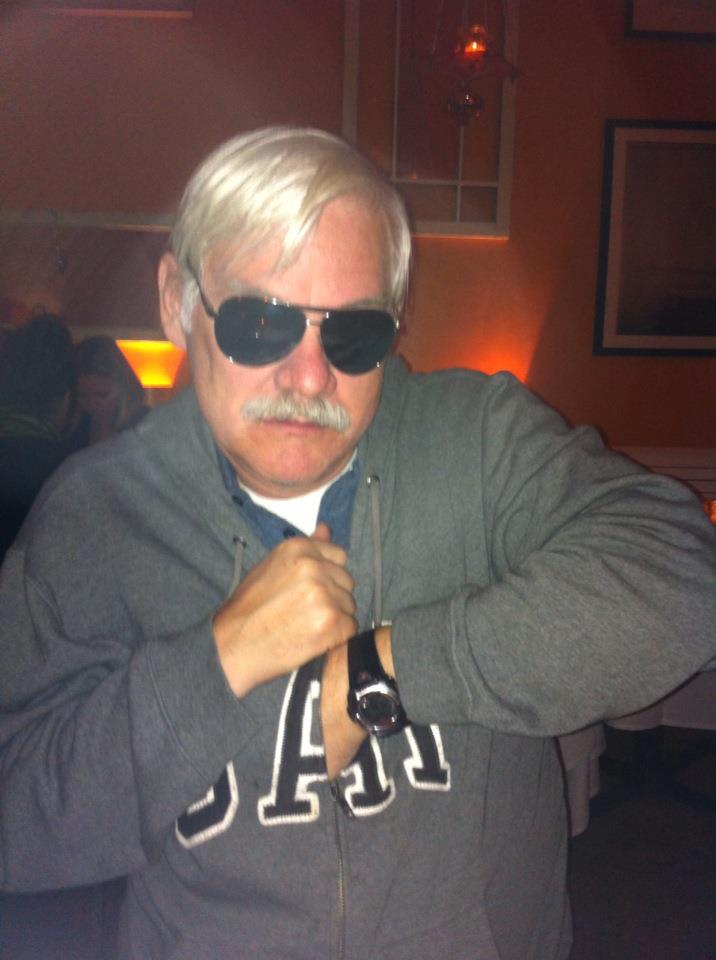Iraq
Saddam Hussein started out his presidency as a darling of Western countries. Throughout the 1980s his war with Iran was applauded by the US and Europe unconditionally. President Reagan, along with Germany, was eager to provide chemical and biological weapons as well. Though these weapons were also used against the Kurds in the north during that war, the US said nothing.
The war, however, left Iraqi coffers empty. When Saddam decided to invaded Kuwait in 1990, US Ambassador to Iraq, April Glaspie, told him, " We (the US) have no opinion on the Arab-Arab conflicts." President Bush then changed his mind. The subsequent Gulf War and economic embargoes that followed devastated the Iraqi people.
In a famous 1996 60-minute interview, UN American Ambassador Madeleine Albright was asked about the claim that over 500,000 Iraqi babies had died as a result of the economic embargo on the country. She was asked if she felt it was worth such tragedy. She did not hesitate to say yes. I'm sure the parents of those dead babies would disagree.
The Bush II administration took the embargo one step further. They claimed that Saddam still had weapons of mass destruction (the ones we sold to him), had started a nuclear weapons program with yellow cake from Niger, thad gained he ability to attack the US within 45 minutes with a nuclear bomb, and was supporting terrorist organizations. This was their justification for attacking Iraq in 2003. These were all lies.
In the interim, we have destroyed practically the entire country, killed 100s of 1000s of their population, and displaced over 4 million Iraqis, sending over 2 million to other countries as refugees. This is not a positive result in their eyes.
Egypt
President Mubarak had ruled over the country with an iron fist since Sadat was assassinated. He had almost no tolerance for political opponents, or public dissent, until last year. At the same time, Mubarak made sure that the accord signed between Sadat and Begin continued, regardless of its lack of public support. The whole country knew all along that Mubarak was just a paid stooge by the US The revolt that came in the Spring, 2011, shows what happens with the populace has had enough of puppetry.
Libya
The US has had a strained relationship with Libya since Gaddafi 1969 when he nationalized the oil industry. Military and economic sanctions soon followed and the US diplomats finally left the country in December, 1979, after its embassy in Tripoli was attacked and torched. Sanctions have continued off and on until some radicals started an open revolt during the Arab Spring. The US and NATO pitched in with air attacks while Egypt provided armament. The country today is still chaotic with the current government struggling to take control.
Other hot spots
The people of Saudi Arabia live under sharia law and strict governmental impositions that don't allow freedom of speech or other freedoms. The Saudis, however, are heavily supported by the US and have recently placed a $60 billion purchase order for American weaponry ostensibly to better protect its security and oil structure.
Public rioting in Bahrain is already over a year old even though the US media refuses to cover it. Saudi Arabia has sent in its troops on at least one occasion to quell the uprising by brutally attacking and killing many rioters.
US drones can also be seen flying over Yemeni skies with similar results as Pakistan.
Lebanon has seen US intervention up close and personal as well when, in 1983, President Reagan sent in several hundred troops to impose American peacekeeping rule. This prompted a truck bomb attack which killed over 240 American soldiers and dozens of French soldiers.
There are already many reports of Al Qaeda elements in Syria fighting the Assad government. At the same time, the US and Europe have left no doubt as to which side they are on. Apparently, they are for Al Qaeda.
(Note: You can view every article as one long page if you sign up as an Advocate Member, or higher).





